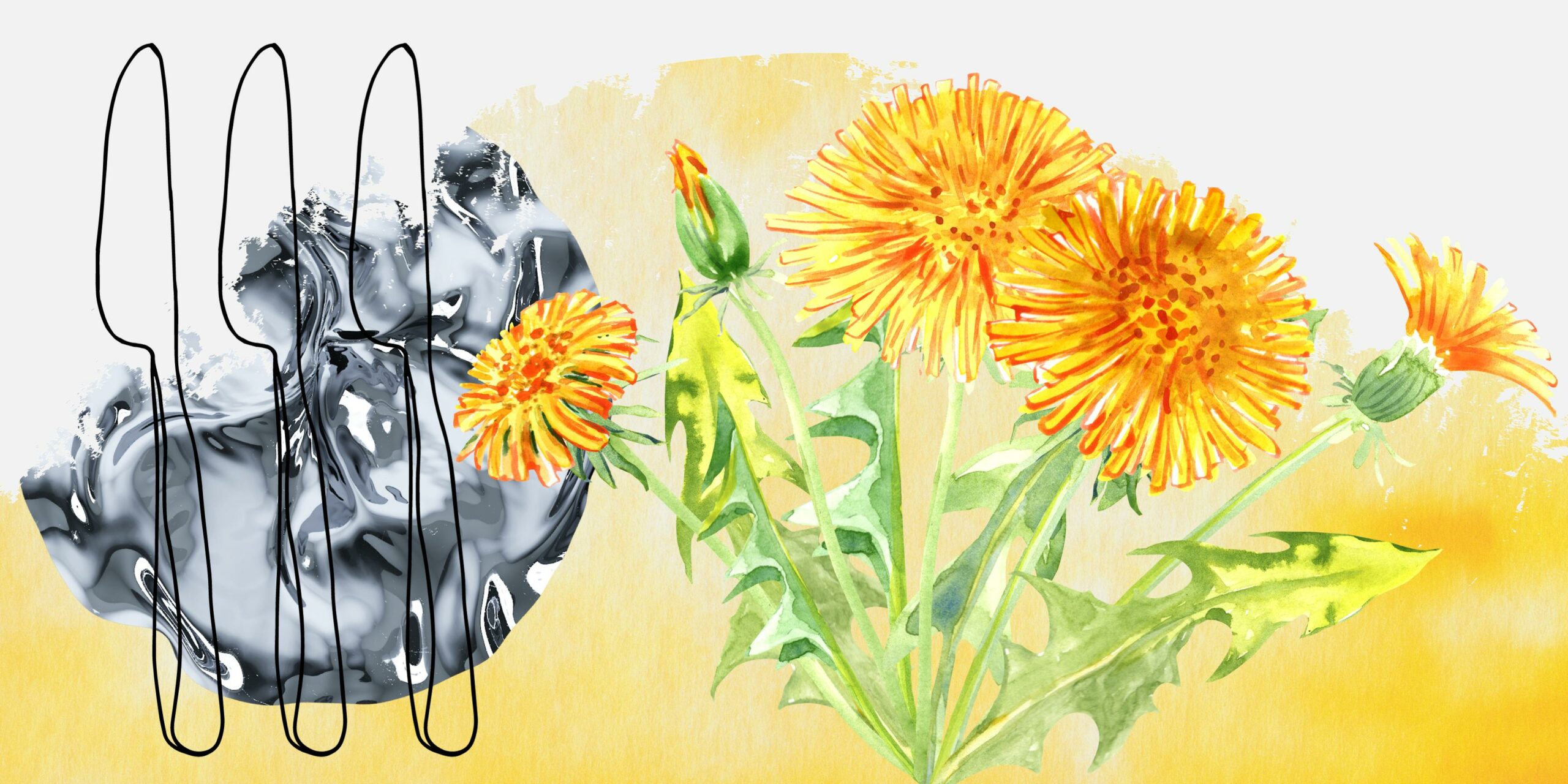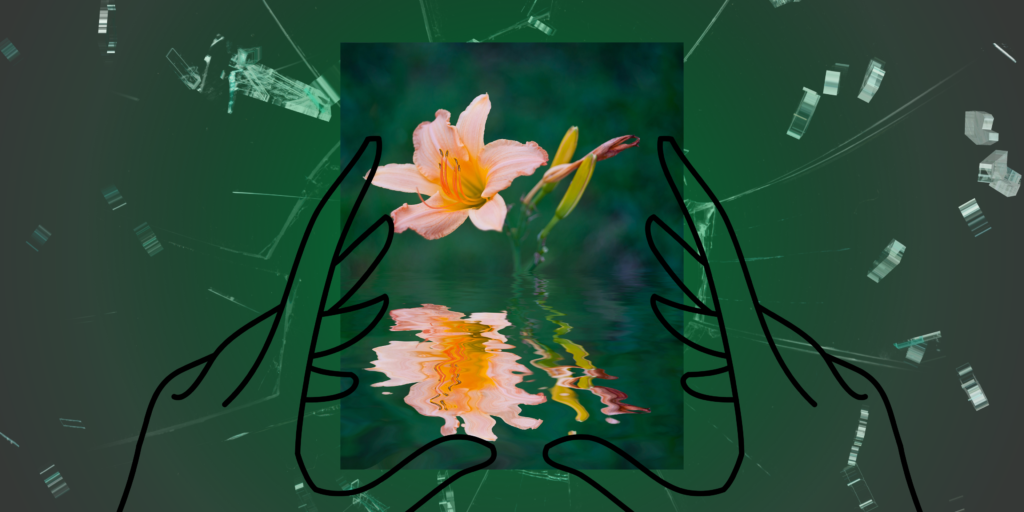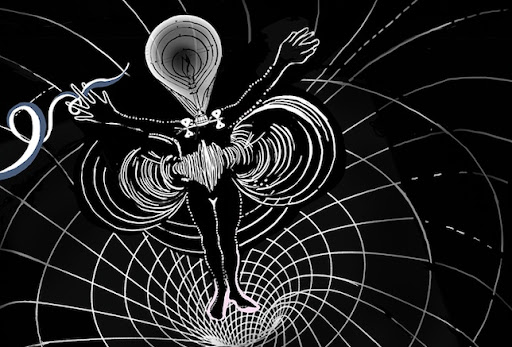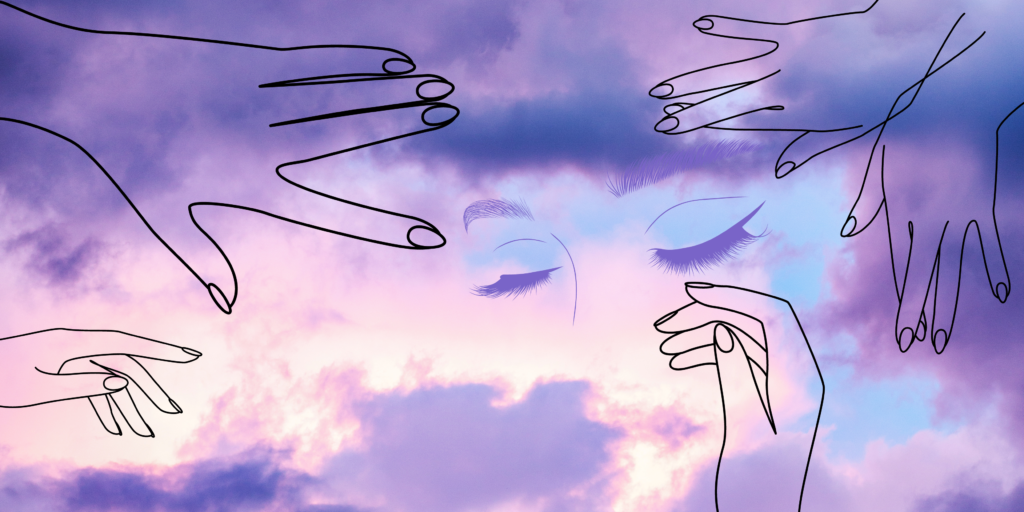She didn’t mind amusing them—humor was part of her intent

November 17, 2023
To protest the impending creation of an artificial playground, Aisha was belly dancing with butter knives. It was the aesthetic that she was going for. The swords that she ordinarily used as props weren’t dangerous, really, and butter knives were perfectly functional—she had cut open, sliced, and distributed an entire watermelon with a butter knife once—but she knew that people would laugh as they watched her brandishing and balancing the tiny, blunted things that ordinarily cluttered a third of her silverware drawer.
Aisha examined the assortment of knives from the different phases of her life. The plain butter knife had followed her home from her first college dormitory, and there were four from the collective house she had lived in for a few years after college, each with different patterns on the handles: brick, flowers, stars, and flaming roses.
Her children and partner preferred the matching set. “You should get rid of those old ones,” her eldest child, who was in college now, had always complained.
Well, there is a purpose for those butter knives now, she nearly texted her eldest as she slipped them into a canvas bag. Then she erased her words instead of sending. Her kids had grown up around her dancing, but they were going through an adolescent phase of embarrassment at the prospect of Aisha’s shimmying and undulating. In any case, even if they were excited to watch and support her, they wouldn’t really understand her performance.
Aisha wanted to make art—to make people think of what would be lost when they destroyed the field of clovers and dandelions and replaced it with rubber mulch, upon which children would bounce when they fell; when they took down the quaint, old wooden play structures and replaced them with plastics; when they tore out the blackberry bushes and leveled the rocks, around and upon which her own children had played—all so that the new playground would be visibly safe and free from liability lawsuits. When she had signed the petition at the park and learned from the earnest volunteer that people would be gathering to protest the proposed changes, her choreography came together quickly. The others loved her vision and asked her to open the event.
She chose a spot close to the blackberry bushes to dance, where the soil was soft and even and covered with delicate weeds. Kicking off her shoes and turning up her recorded drumbeats, Aisha began dancing, waiting until she had attracted enough attention from parents with toddlers, grandparents, and the occasional college student before beginning her real performance.
The semicircle of clap-alongers laughed and hooted as she reached out, extending a butter knife beyond the length of her raised leg, cutting the air in an arc straight through her audience. Some, she knew, regarded dance merely as entertainment, as a leisure activity. She didn’t mind amusing them—humor was part of her intent as she spun a butter knife as a baton, as she held a butter knife to her own throat and undulated wildly. Her real audience would see her as a clown with purpose, the mundaneness of the stainless steel imposters combining with her shimmies and figure eights to become something more than themselves. And that audience, dance imprinted in their minds, would spread her message as easily as room temperature butter.



